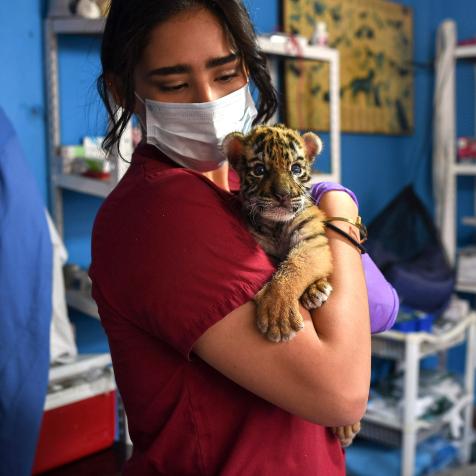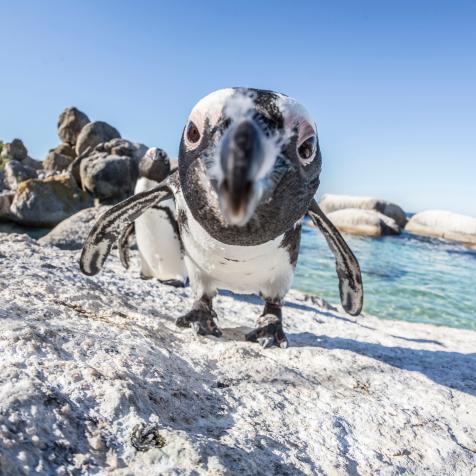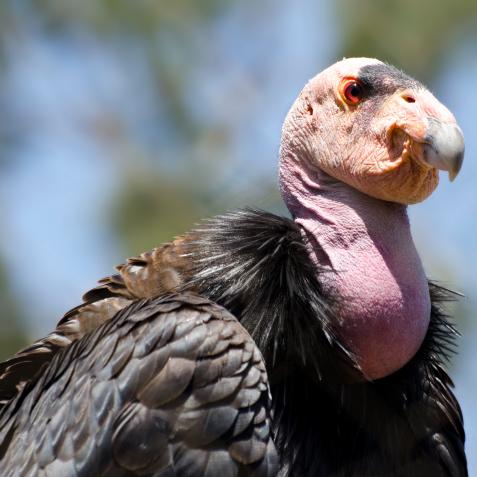
David McGlynn
Invasive Plant Problem? Bring in the Goats
Forget the gardener — you need goats! NYC's Riverside Park opted for a sustainable and eco-friendly way of getting rid of invasive plant species with the help of some furry friends.
When humans have a problem, we usually take the necessary steps: we call a guy, who calls another guy, who knows another guy who can come fix it, right? Merely something along those lines...but what if we told you that guy was actually two dozen goats? Cue the trip of goats!

Spencer Platt
Two dozen newly arrived goats roam an area of Manhattan's Riverside Park 2019. The goats are part of the Riverside Park's conservancy initiative and will be used to help clear unwanted and invasive plant life between 119th and 125th streets over the next few months.
On July 14, two dozen goats were shepherded through Riverside Park to alleviate invasive plant species that human restorers couldn’t seem to tame. It’s been an underlying issue the Riverside Park Conservancy has been dealing with for a few years, with no means to a solution, The Washington Post explains. Poison ivy, porcelain berry, English ivy, to name a few, were some of the plant species that were wreaking havoc on the park. The Conservancy then thought of a more sustainable solution--naturally effective weed whackers.
“Running of the Goats” was an opportunity to mix fun and efficiency with an all-you-can-eat buffet. A crowd was present to cheer, motivate, and help direct the goats as they munched, snacked, inhaled, and yodeled within the overflowing terrain. According to the conservancy’s website, the goats have “retired from former careers,” and we’re previously employed in 2019 to aid in the landscaping of the park, but were unable to last year due to the covid-19 pandemic.

Alex Walker
5 of the 24 in the trip will remain here to stay for the rest of the summer to manage the plants’ growth. The northern region of the park, notably known where the invasive plants were located, has now been named “Goatham,” in honor of the hard working goats who now munch to maintain it. Riverside Park Conservancy President and CEO Dan Garodnick spoke at a news conference explaining, “[i]t’s healthy for the goats and it’s good for the environment. That’s farm to table.” It also seemed to bring quite an array of happiness to the park visitors and those within the vicinity of the event.
As of now, Skittles, Buckles, Chalupa, Mallomar and Ms. BoPeep are all happily busy at the buffet, continuing to manage the park for all to enjoy.


















